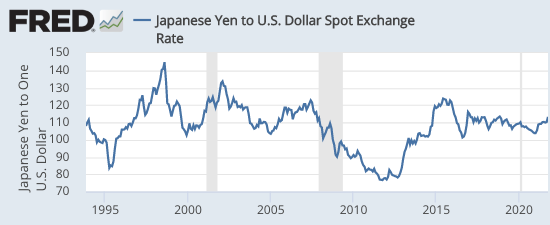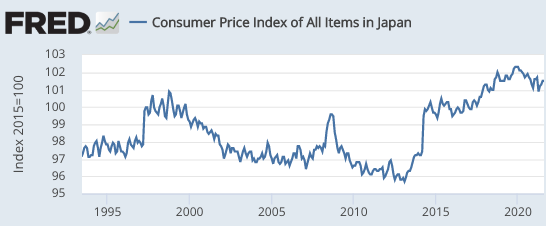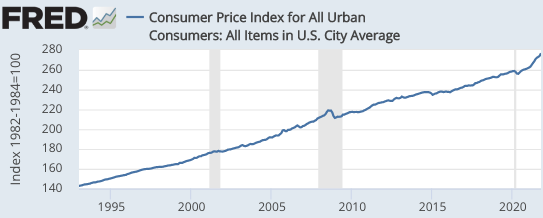Is everything now political?
I used to hate it when people would say “everything’s political”. Partly this was because in that case saying “X is political” would be saying precisely nothing distinctive about X. And also because not everything is political. Or at least, in the past not everything was political. But now? It seems like everything’s political:
Uptake of the Covid-19 vaccine has, unfortunately, become partisan like so much else in our society. Almost every Democratic adult (90% to 95%) has gotten a shot, while a little less than two-thirds of Republican adults have. . . .
According to the Ipsos data, 68% of Democrats said they have gotten a flu shot or are very likely to get one. Just 44% of Republicans said the same. This 24-point gap is very similar to the 30-point gap for Covid-19 vaccines. . . .
An AP-NORC poll in February 2020 asked adults whether they had received a flu shot in the last 12 months. In this poll, 58% of Democrats said they had compared to 54% of Republicans. This 4-point gap is well within any margin of error.
A Princeton Survey Research Associates International from the second half of 2016 queried adults about whether they had gotten a flu shot in the past year. This poll looked nearly identical to the 2020 poll with 55% of Democrats and 53% of Republicans saying they had gotten a flu shot in the last 12 months.
In other words, there was no partisan gap.
I can’t even blame this one on TDS, as Trump is not an anti-vaxxer.
I seem to be one of the few exceptions. I don’t let politics have any influence on what I buy, what athlete I root for, what music I listen to, what movie I see, or even what pillow I buy. When thinking about the most important things in my life, politics doesn’t even make the top 20. I was far more interested in the Bucks winning the NBA title this year than in who takes Congress in 2022 or the presidency in 2024.
PS. I wonder what will happen when the amazing new Pfizer drug for Covid comes on the market. Will there also be a partisan gap in its use?
PPS. Shorter version of this post: Get a life.





